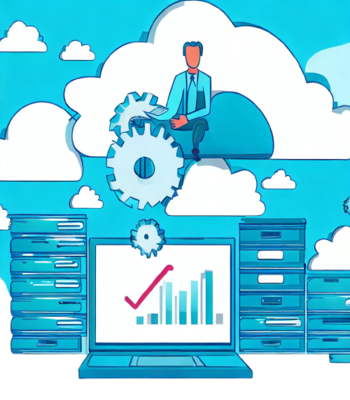Why is employee engagement important to HR?
Employee engagement isn't just an HR buzzword; it's a strategic imperative. Human Resources professionals play a pivotal role in understanding, fostering, and sustaining employee engagement, and here's why it's so vital to them:

Navigating the Talent Landscape
HR's dedication to fostering employee engagement not only paints the organization as an appealing employer but also as an environment where exceptionally skilled individuals aspire to build their careers and flourish.

Reducing Turnover Costs
Employee turnover is costly in terms of recruitment, onboarding, and training. HR departments benefit greatly from higher engagement levels as they directly correlate with lower turnover rates, resulting in significant cost savings.

Enhanced Productivity
Engaged employees are more productive. HR's efforts to create an environment where employees feel motivated and committed directly contribute to increased output, which positively impacts the organization's bottom line.

Stronger Employer Brand
A company known for its engaged workforce becomes an employer of choice. HR professionals can leverage this reputation to attract candidates who are not only qualified but also aligned with the organization's values and culture.

Crisis Resilience
During challenging times, such as economic downturns or crises like the COVID-19 pandemic, engaged employees are more likely to weather the storm with commitment and adaptability. HR's efforts in building engagement provide a buffer against organizational disruptions.

Innovation and Creativity
HR departments recognize that engaged employees are more creative and innovative. By fostering an environment that encourages new ideas and problem-solving, HR drives innovation and competitiveness.

Positive Company Culture
Employee engagement in hr is closely linked to a positive company culture. HR is instrumental in shaping this culture by promoting open communication, recognition, diversity, and inclusion, all of which contribute to a more engaged workforce.

Employee Well-being
HR professionals prioritize the well-being of employees. Engaged employees tend to experience lower stress levels and higher job satisfaction, directly influenced by HR's initiatives related to work-life balance, health, and mental well-being.

Enhanced Performance Management
HR uses employee engagement data to fine-tune performance management processes. It allows for more accurate assessments of employee contributions, which, in turn, lead to better development and career progression opportunities.

Customer Satisfaction
Engaged employees provide better customer service. HR's role in ensuring that employees understand the link between their work and customer satisfaction is crucial for maintaining a loyal customer base.

Legal and Ethical Compliance
HR professionals recognize that engaged employees are more likely to adhere to company policies and ethical standards. This reduces the likelihood of compliance issues and legal disputes.

Measurable Impact
Employee engagement initiatives can be measured and analysed. HR leverages data to continuously assess engagement levels, identify areas for improvement, and fine-tune strategies for maximum impact.



